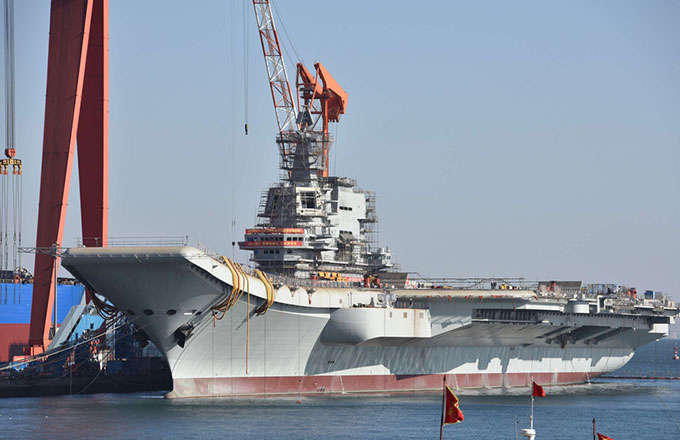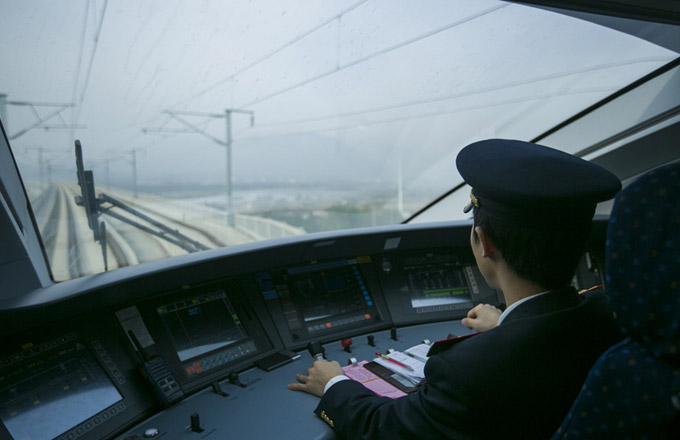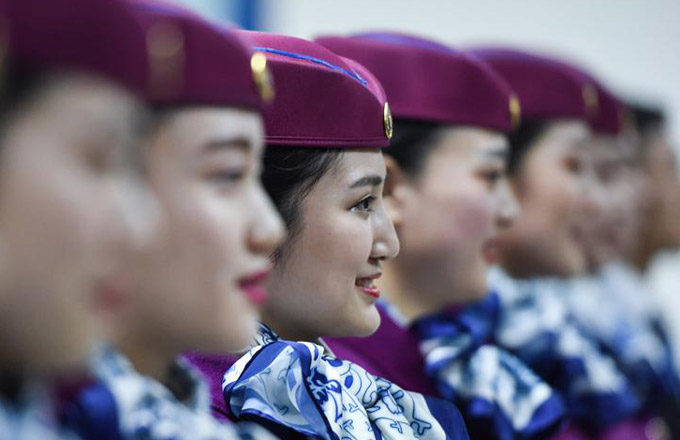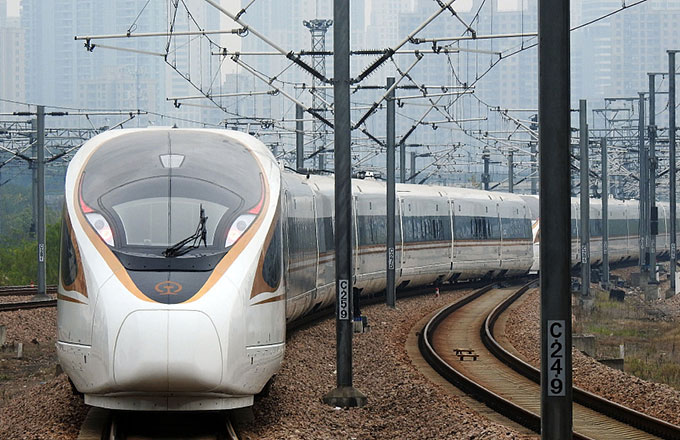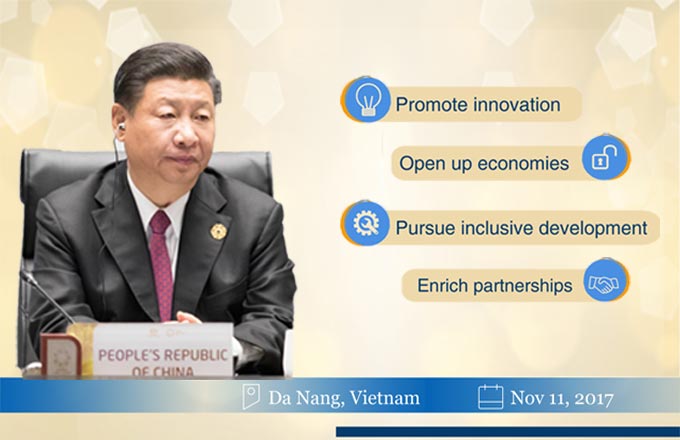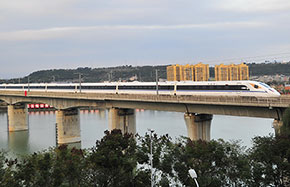'New Iron Man' leads overseas oil expansion
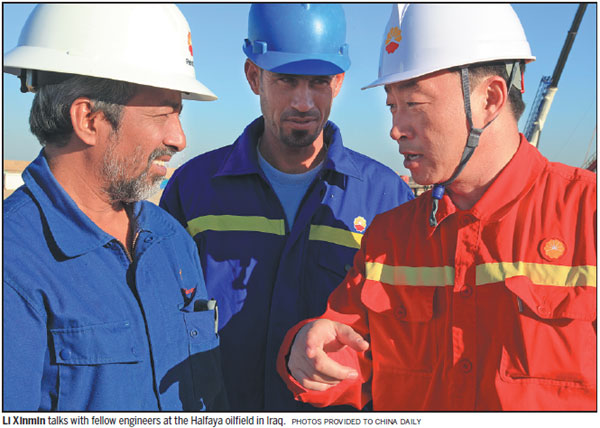
Determination has won petroleum pioneer Li Xinmin recognition at home and abroad
Editor's note: This story is part of a series in which China Daily looks at how delegates to the 19th National Congress of the Communist Party of China are spreading the congress' message at work and in their daily lives.
Just as "Iron Man" Wang Jinxi braved the Daqing Oilfield in Heilongjiang province in the 1960s, his successor Li Xinmin is paving the way for his peers to tap resources overseas.
Wang, who led his fellow workers to drill one of China's earliest crude oil wells in Daqing, had to cope with an extreme environment. Likewise, Li faces complicated challenges in foreign lands.
After graduating from Daqing Petroleum Technical Secondary School in 1990, Li was recruited to work for China National Petroleum Corp's No 1205 drilling team, which Wang once led, at the Daqing Oilfield.
"From the first day, I was determined to do my best," Li said. However, he did not do well initially due to his slender frame.
Li, who weighed only about 50 kilograms at the time, was not strong enough to complete some operations to required standards.
So he tried harder and practiced the skills repeatedly during his spare time. In only six months, he was qualified to work in six different positions in the team.
In recognition of his hard work and major achievements, Li was promoted to director of the team in 2003. Two years later, Li heard that the Daqing Oilfield was involved in international energy cooperation projects.
"It was the old team leader Wang's greatest wish to drill crude oil wells in foreign lands, and I believed our team had the ability to expand into overseas markets," he said.
In February 2006, a 35-member team led by Li set out for Sudan. Before departing, Li carried out lots of research.
"I had prepared for the challenges, from the extreme natural environment to the chaos caused by war," he said. "But when we landed in Melut, we were overwhelmed by a series of unforeseen difficulties."
Sudan, with a tropical desert climate, is extremely dry and hot. The huge temperature differences between Daqing and Melut were extremely challenging.
"There were mosquitoes, and also other insects that we had never seen in China," Wang said. However, greater challenges lay ahead.
When the ship carrying all the equipment arrived in Port Sudan at the beginning of March, Li was dismayed to discover the equipment had been seriously damaged in a storm during the voyage.
To gain a clear picture of the extent of the damage, he and five colleagues checked 102 trucks of equipment in six days, a task that normally would have taken a dozen people at least two weeks. Then they transported the equipment 1,600 kilometers to the oilfield in 17 days, a week less than normal.
Two diesel generators out of a total of three were badly damaged, which meant the drilling could not start because it required two generators working together.
"There were only two weeks left before the start date in the contract," Li said.
"We did not have time to wait for new equipment or maintenance crews. No matter how difficult, we had to start the drilling on time. The reputation of No 1205 drilling team was at stake."






